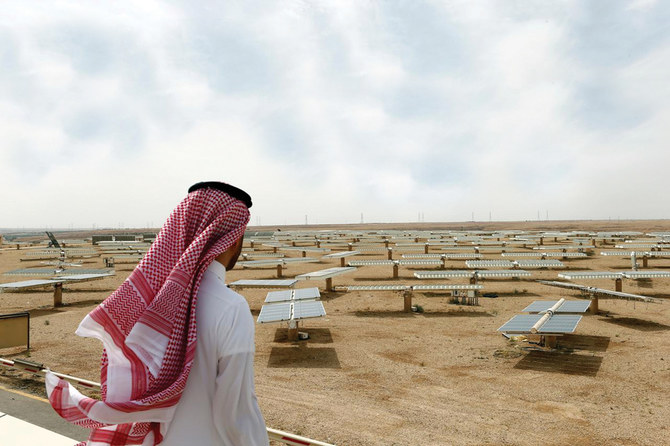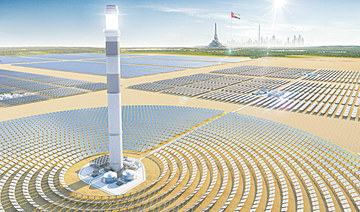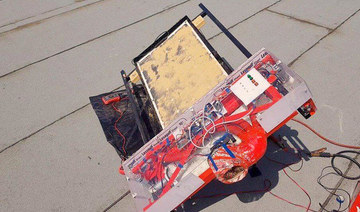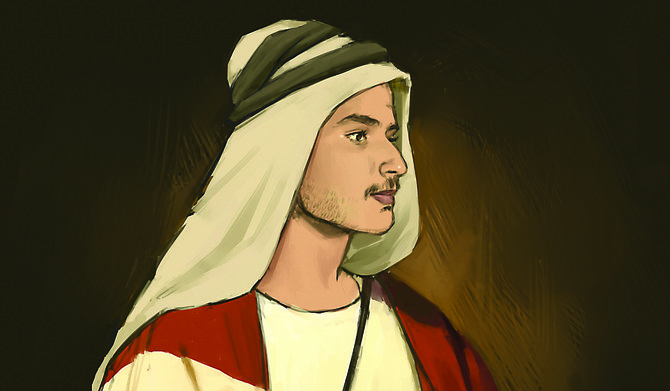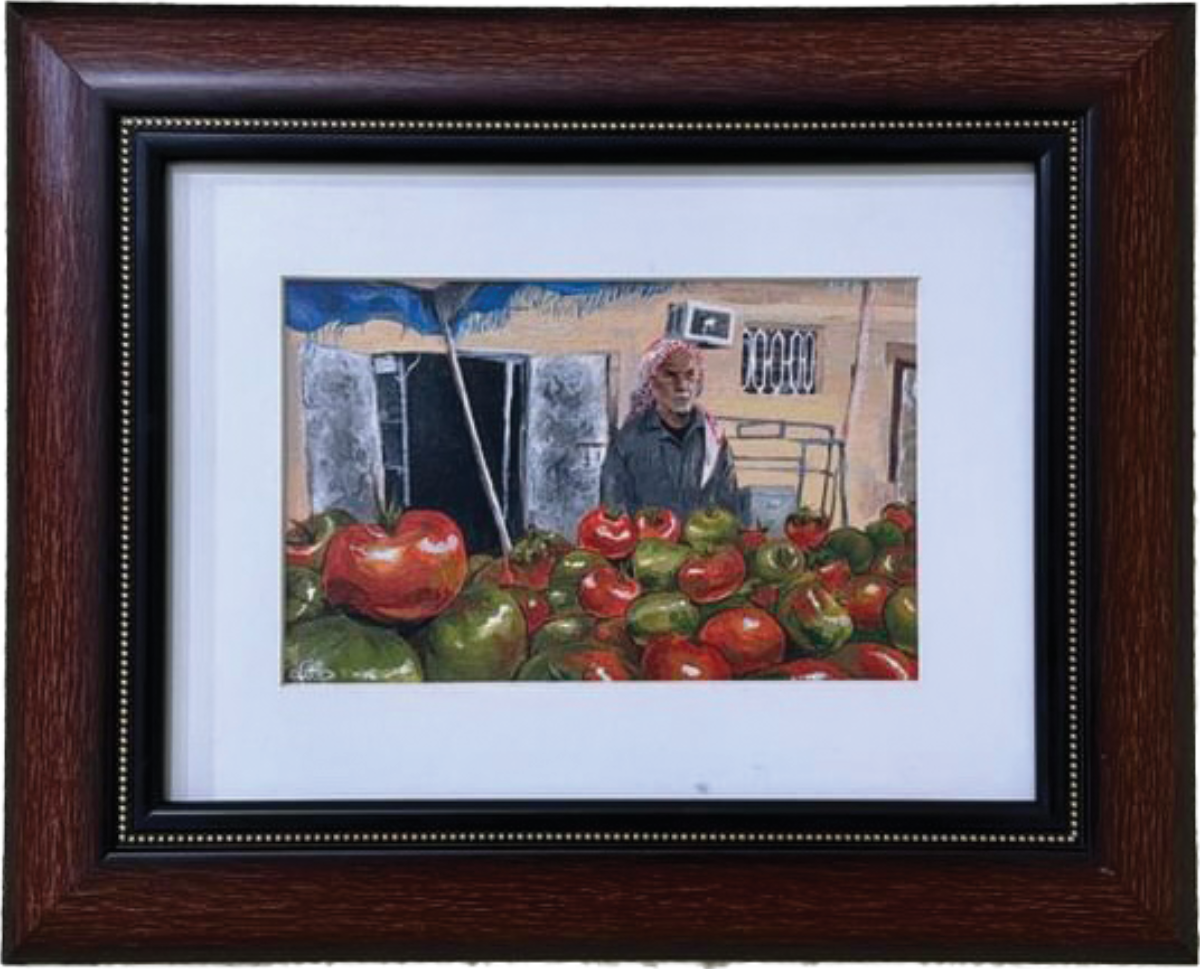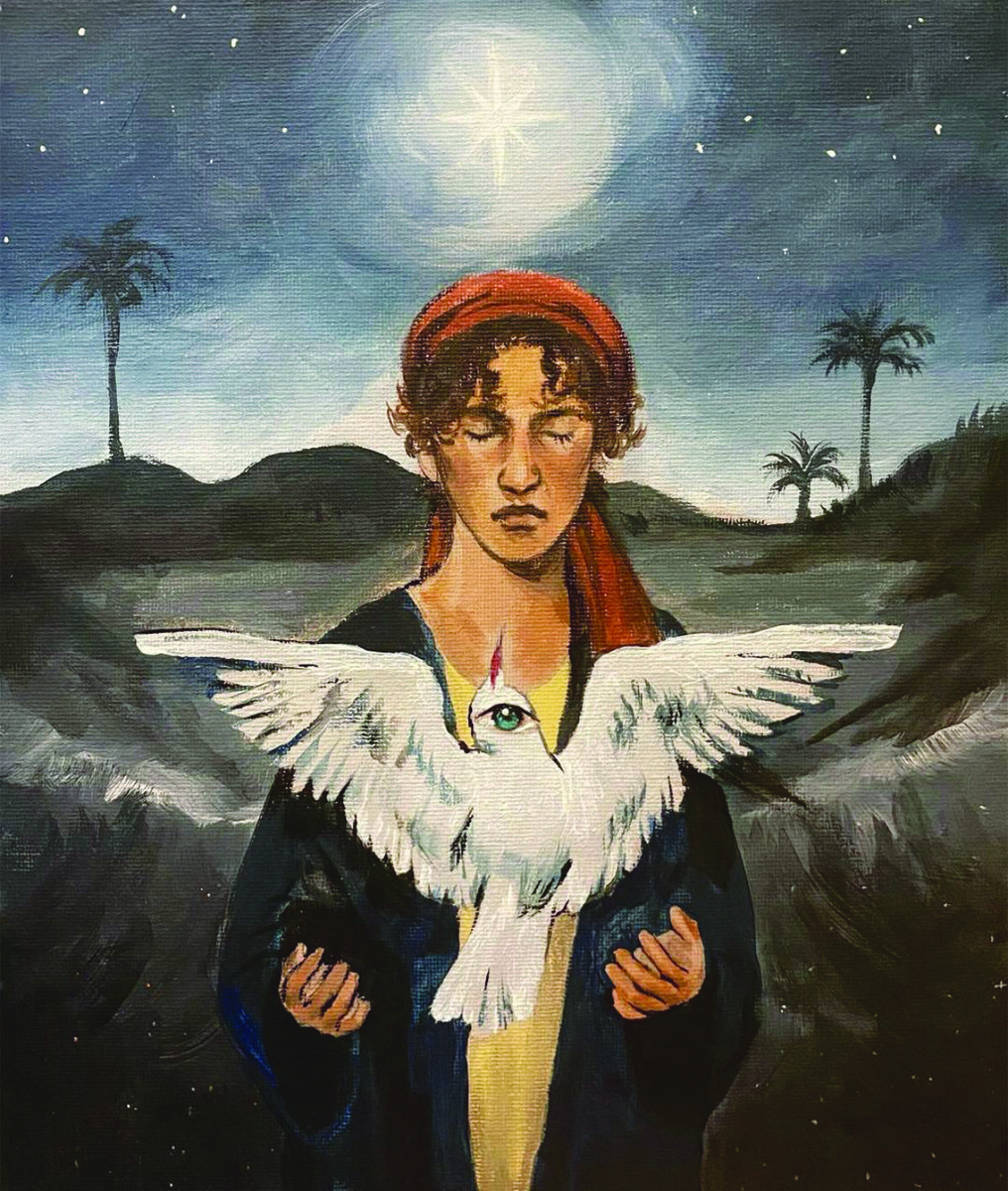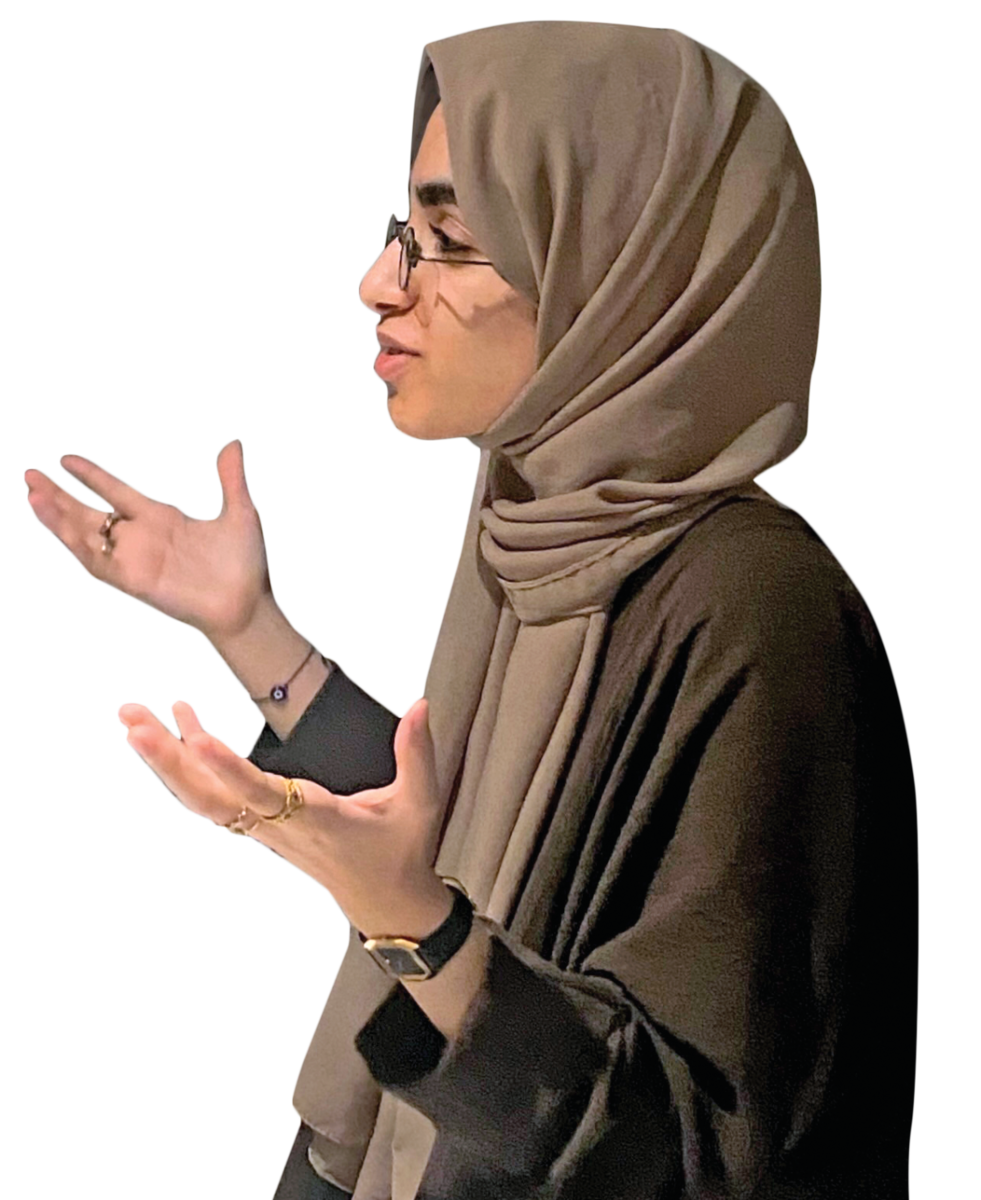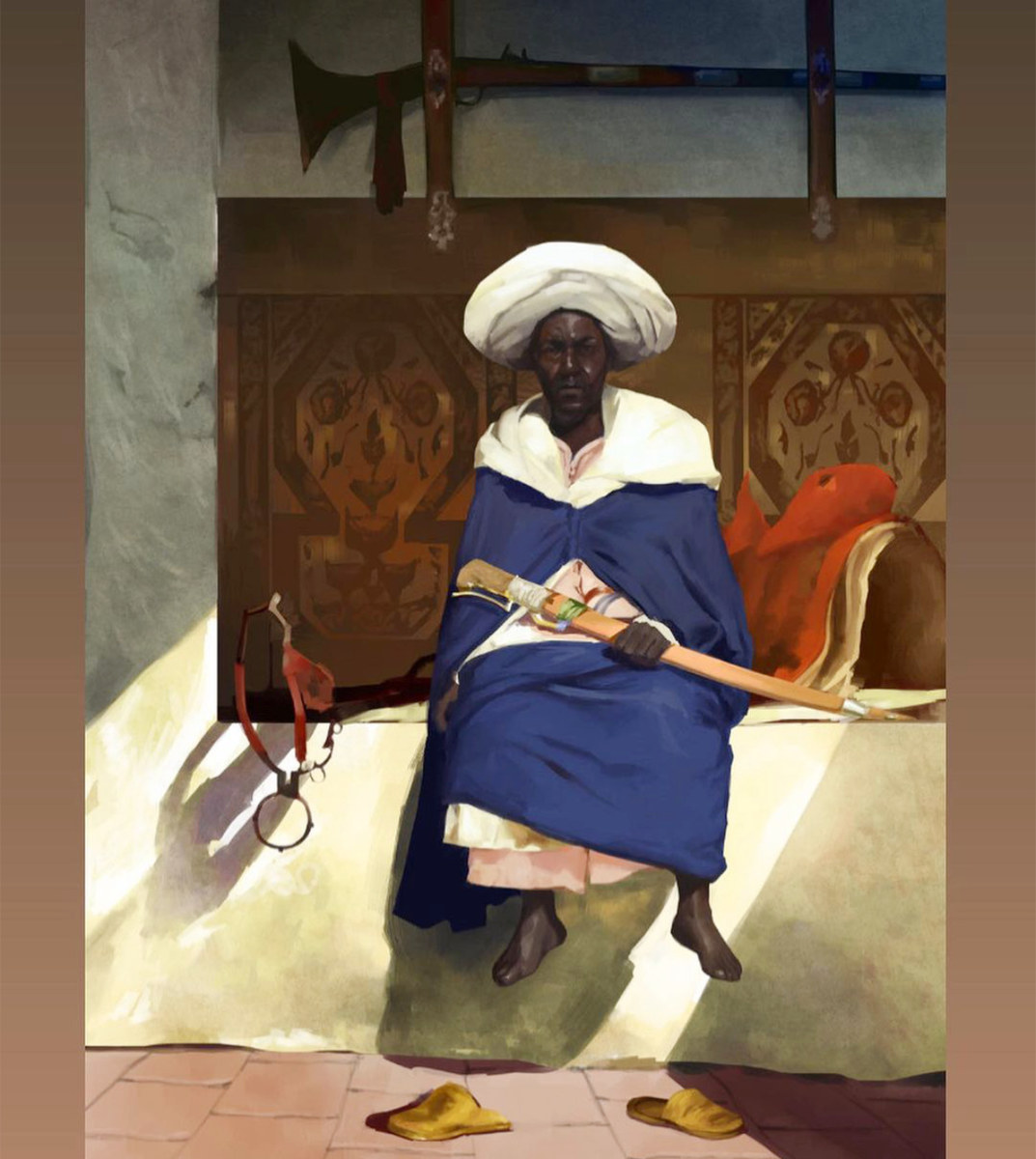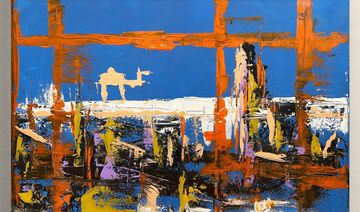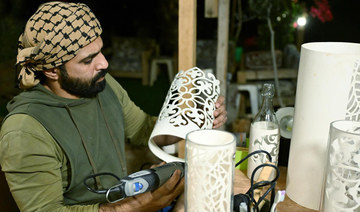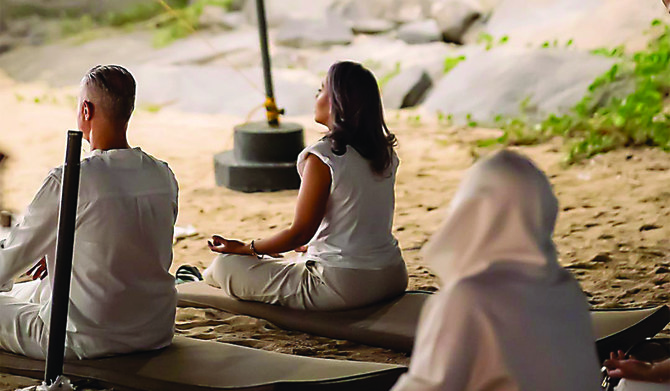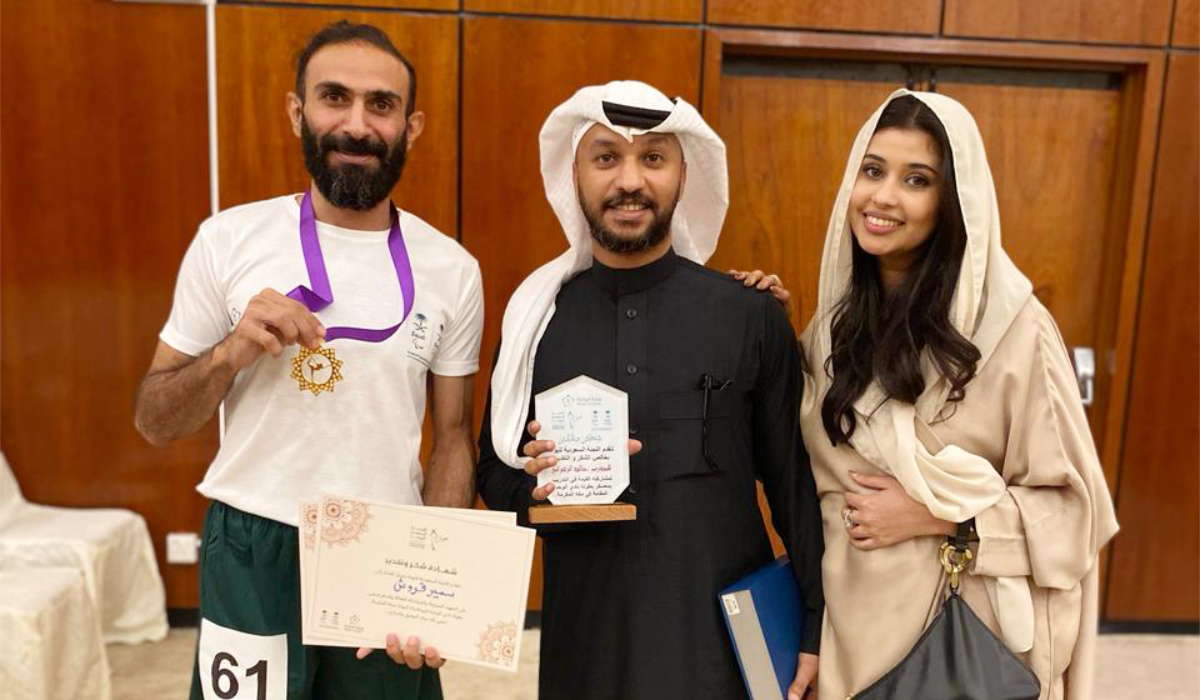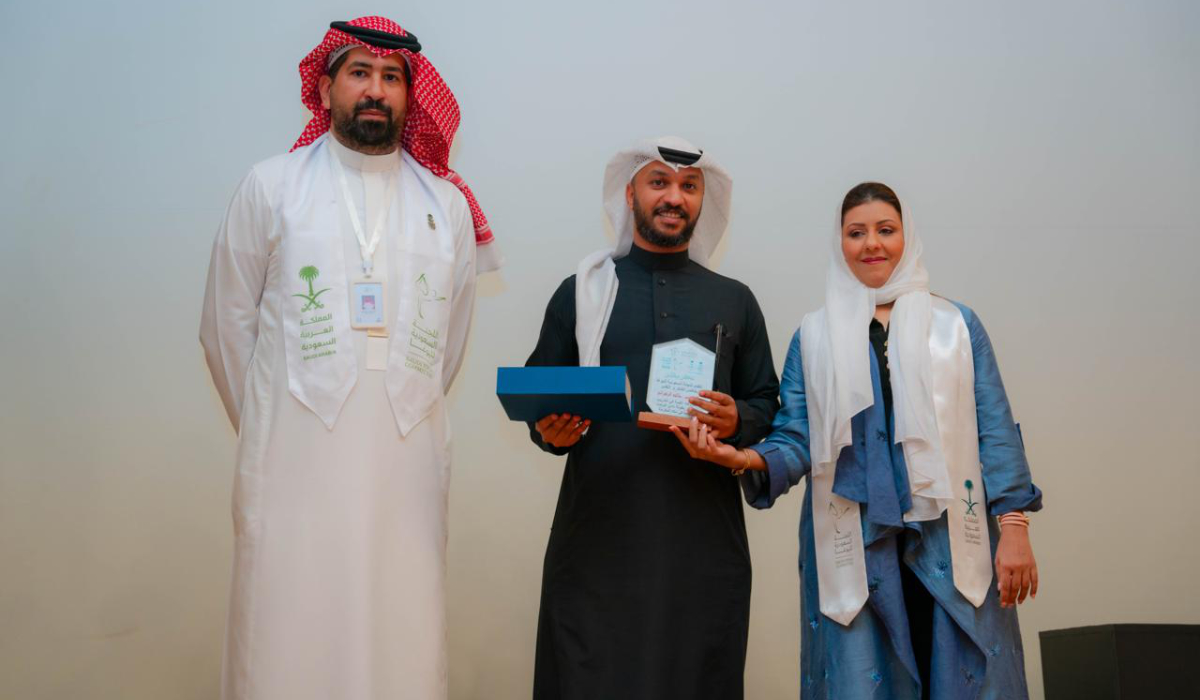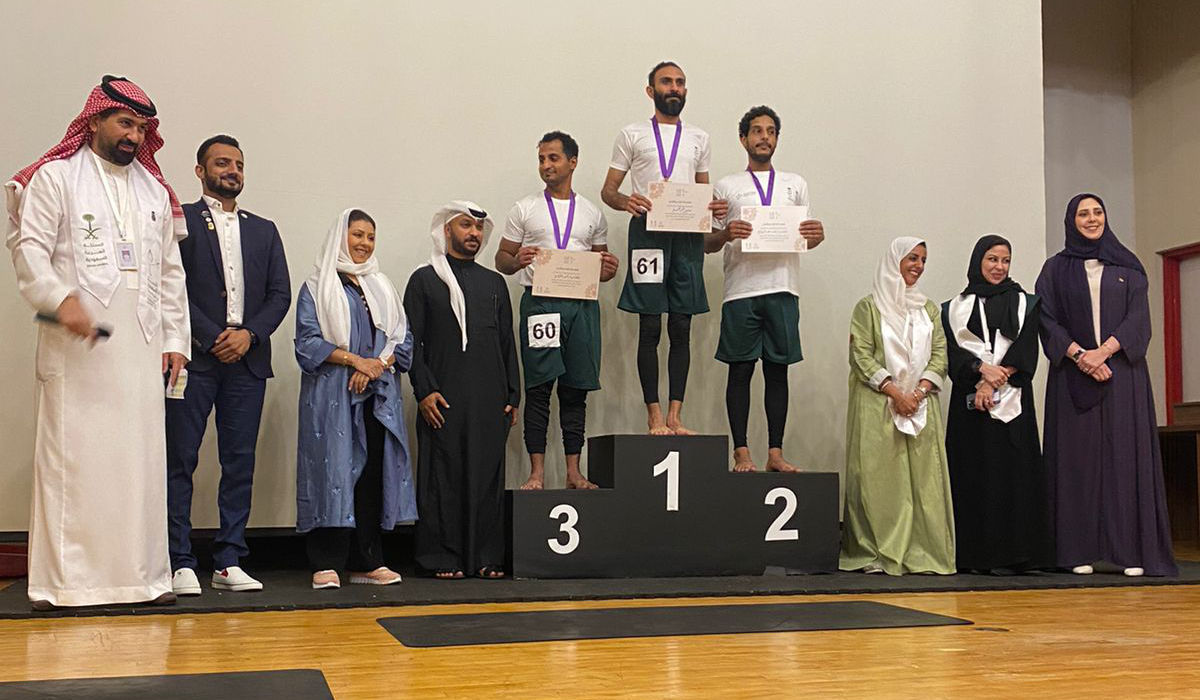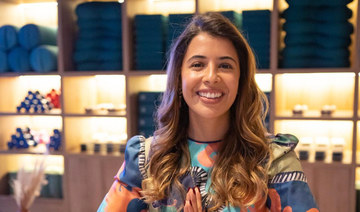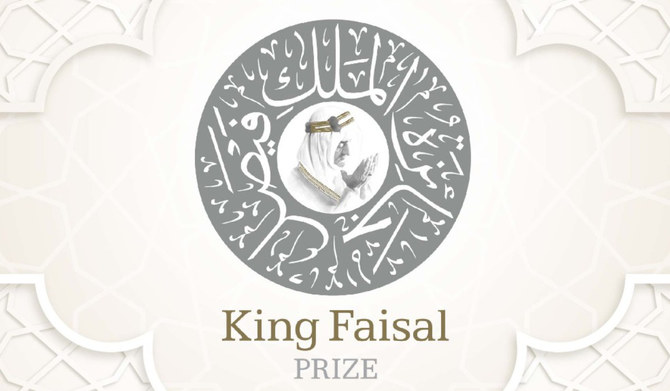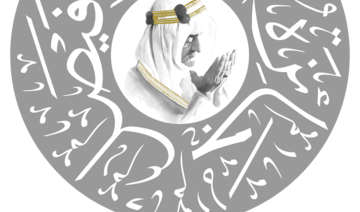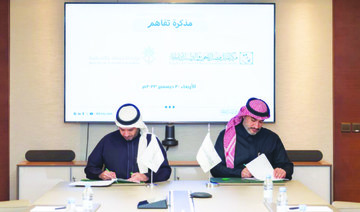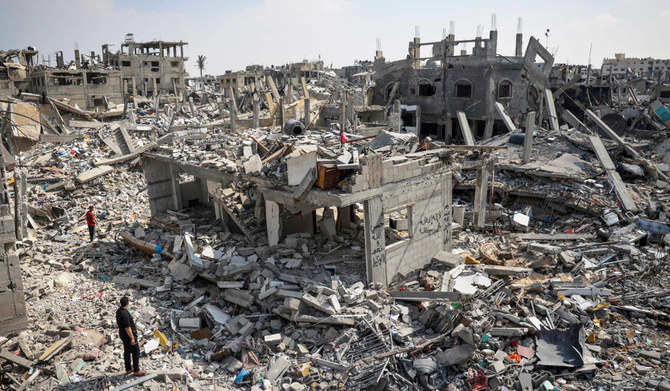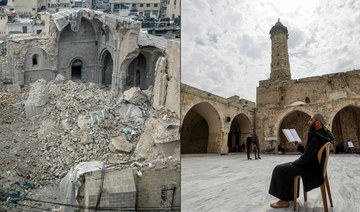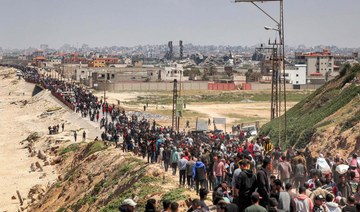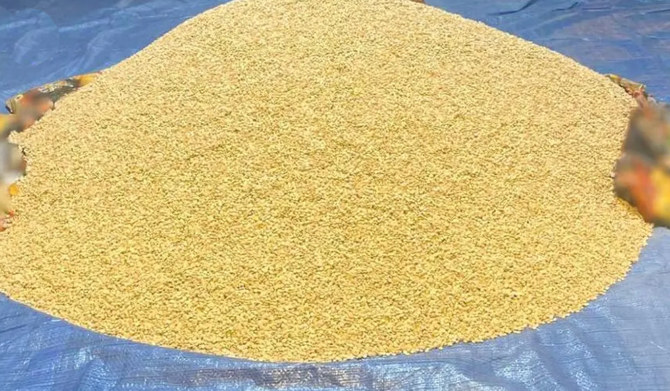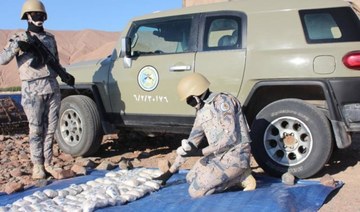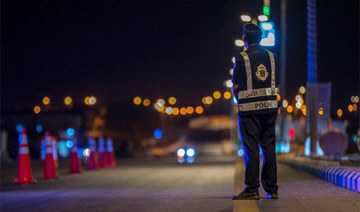DUBAI: Saudi Arabia is expected to play a significant role in the future of solar energy following an agreement it signed with an inter-governmental organization that has its headquarters outside Delhi in India.
The International Solar Alliance (ISA) is a network of 122 “sun-rich” countries that the Kingdom joined during Crown Prince Mohammed bin Salman’s tour of India earlier this year. Most of the countries lie either completely or partly between the Tropic of Cancer and the Tropic of Capricorn.
Countries that do not fall within the Tropics can join the ISA and enjoy all benefits as other members, with the exception of voting rights.
The ISA was launched jointly by the prime ministers of India and France in Paris in 2015 on the sidelines of COP21, the UN climate conference.
Its primary objective is to work for efficient exploitation of solar energy to reduce dependence on fossil fuels.
Its activities are aimed, among other things, at ramping up solar energy applications in agriculture, mini-grids and rooftops; financing; e-mobility and storage; and supporting solar technologies.
“The ISA welcomes the Kingdom’s signature on the framework agreement,” Upendra Tripathy, head of the ISA, told Arab News, referring to the UN Framework Convention on Climate Change.
SOLAR TECHNOLOGY
• Photovoltaic systems - Semiconductor materials (such as thin-film solar cells) absorb sunlight, creating a reaction that generates electricity for use in everything from calculators to large utilities.
• Solar-thermal power - Arrays of reflectors focus the sun’s heat onto devices that produce electricity.
• Solar water heating systems - Flat-plate collectors mounted on building rooftops heat up a fluid contained in tubes; the heat is transmitted to water in a storage tank or a swimming pool.
• Passive solar heating - Uses materials such as sunlit floors and walls that absorb heat during the day and releases it at night.
“The decades of experience in energy policy, infrastructure, investment and financing that Saudi Arabia will bring on board will be incredibly valuable for ISA members. This will help member countries to promote solar-energy deployment and implement the Paris accord.”
The Paris accord is an agreement within the UN Framework Convention on Climate Change, dealing with the reduction of greenhouse-gas-emissions, which was signed in 2016.
“As a prominent member of OPEC, Saudi Arabia has always played a major role in global energy markets,” Tripathy told Arab News. “The Saudi government is now sending a clear message to the global community that it can play a prominent role in the future of solar energy.”
Experts say that the Saudi renewable-energy market is the largest in the Middle East, with massive capacity expansion, amounting to almost 16 gigawatts, expected to happen in the coming years.
“From what we can see in the Kingdom’s approach, the ambition is much bigger than just ensuring that a part of the internal consumption of electricity is generated by renewables,” said Yousif Al-Ali, acting executive director of clean energy at Abu Dhabi’s Masdar, which has been chosen by Saudi Arabia to develop its first commercial wind project.
“The Saudis have plans to be an exporter of clean energy to their neighboring countries. The Kingdom has all that is required to undertake such projects successfully and sustainably, namely sufficient acreage, very good resources of solar and wind energy, the right legislation, and a system that attracts very competitive finance and equity. So Saudi Arabia is well positioned to compete in this market.”
For his part, Tripathy noted that because Saudi Arabia is rich in both oil and solar energy resources, an optimium energy mix will not only maximize the Kingdom’s revenues but also reduce its carbon footprint and conserve its hydrocarbon resources.
“By boosting its investment in solar energy, Saudi Arabia can lead by example for other Gulf Cooperation Council countries,” he told Arab News. At the same time, he said, “the Kingdom can earmark part of its bilateral aid for supporting the adoption of solar technologies by other developing countries.”
With Saudi Arabia’s entry, according to Tripathy, the ISA will form a partnership with the Islamic Development Bank (IsDB), which is headquartered in Jeddah, to expand investments in solar power in the bank’s member countries.
“The ISA has a unique role in facilitating implementation of solar projects in member countries,” he said.
“In the past two years of operations, the ISA has assumed the role of an ‘enabler’ by helping to set up 30 fellowships for the member countries at a premier engineering institution (IIT Delhi) in the host country, and by training 200 master trainers from ISA member countries.”
The ISA also plays the role of a “facilitator” by arranging bank credit from India and France. In addition, it strives to boost investments in solar projects by acting as an incubator. The role involves nurturing initiatives such as the Common Risk Mitigation Mechanism (CRMM), which has mobilized $1 million for the purpose of reducing the cost of solar projects in member countries.
According to estimates, more than $100 billion in investments are needed by 2030 for massive deployment of solar applications.
While solar energy has a bright future in Saudi Arabia, a number of challenges, notably its intermittent nature, have to be overcome.
“The storage and pricing is a challenge,” Masdar’s Al-Ali told Arab News. “The price of solar energy from storage devices is still three to four times the price of electricity that comes directly from photovoltaic (PV) cells during the day time. This is an area where I believe the market will evolve. We are also seeing huge reductions in the price of storage batteries, driven by the automobile industry. The trend is predicted to continue.”
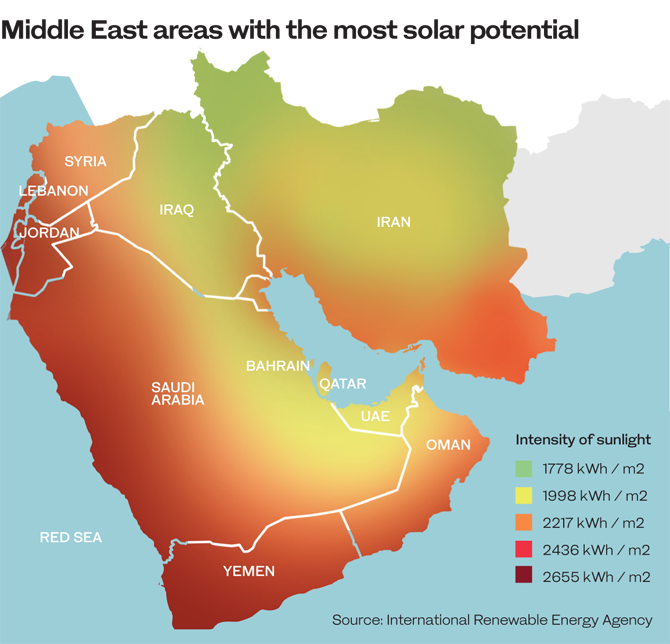
Echoing Al-Ali’s remarks about the industry, Kyle Weber, founder of Evera, a transporation-focused energy company founded in Dubai in 2017, said limited energy-storage capacity is the biggest hurdle in the path of the Middle East’s transition to renewables.
“While the heat, dust and humidity may make solar less efficient in the Gulf region than in other parts of the world, there is sufficient sun to generate a significant amount of electricity or thermal energy,” he said.
Weber said the business opportunities that could be unlocked by Saudi Arabia’s admission to the ISA cannot be overestimated. “Once seen as a very conservative and closed-off society, it is now attracting an incredible amount of attention,” he said.
“The decision to be a part of the ISA further reinforces the commitment of the Kingdom to joining the international community,” he said. “Saudi Arabia, like most Gulf countries, realizes that it can no longer continue to be a solely oil-driven economy and must diversify to something else, or risk being left behind.
“This ISA move represents a truly positive change for the country and its people and is extremely exciting for businesses like ours, who see the market opening up.”
The experts said Saudi Arabia’s decision needs to be seen in the context of international resolve to adopt measures to mitigate climate change. “We need to create efficiency in all our systems,” Al-Ali said. “Today, renewables make sense in addition to its environmental impact and the reduction in carbon footprint. It’s economical to have renewable energy projects.”
The price of electricity from solar energy today is far below that derived from conventional sources, a development that bodes well for the future of countries such as the UAE and Saudi Arabia, which have a large number of power plants.
“These projects create jobs and support social growth,” Al-Ali said. “Renewable energy can play a role in creating jobs in places where other industries cannot.”
Looking to the future, Weber said: “Amazing projects, such as Neom, give me hope for the future in Saudi Arabia. In the solar sector specifically, there is incredible potential for a Gulf Cooperation Council grid.
“This will allow countries to buy and sell clean energy to one another to increase efficiency and stabilize the grid, and also to be able to cope with a wide range of renewable inputs, which generally fluctuate with the weather.”
In the final analysis, Weber said: “We are marching towards a climate change end game that appears extremely bleak. But I have faith that Saudi Arabia, the region and the whole world can make the necessary changes to avoid a climate catastrophe.”



